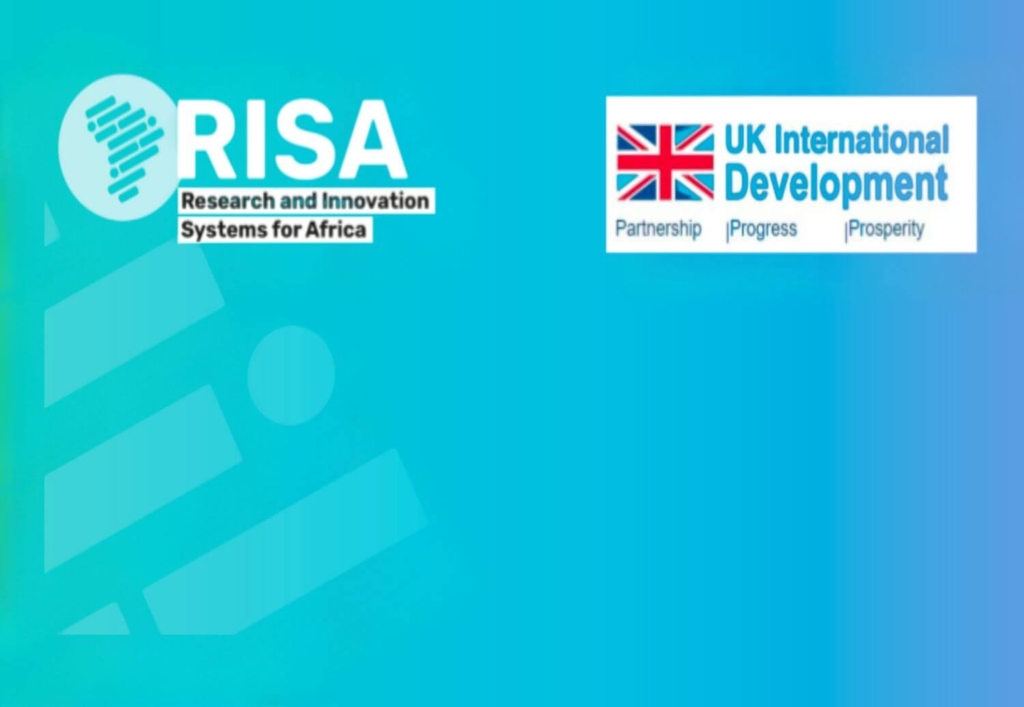Pre-acceleration research report

There are more than 900 entrepreneurial support organisations (ESOs) in Africa. These ESOs run programmes across the entrepreneur’s journey from early to late stages. Of those focusing on early stages, one type of programming is ‘pre-acceleration’.
However, there is little structured data on how these pre-acceleration programmes are designed, and most importantly, how they perform and how effective they are.
The purpose of this research piece is to contribute to a more informed, inclusive, and efficient pre-acceleration strategy for Katapult, and to share our findings on best practices within the ecosystem. This piece attempts to shed more light on pre-acceleration programming in Africa within the context and challenges of a lack of common definitions, outdated nationalised analyses, and lack of an Africa-wide data set on early-stage support.
What seems to be the key definition of pre-acceleration currently?
Our research suggests that pre-acceleration in Africa aligns closely to the definition proposed by Merguei and Costa (2022), which is: ‘Early-stage entrepreneurship support organisations which are highly structured and with strong educational content, of short duration (generally less than three months) and aim to support aspiring entrepreneurs in speeding the process of venture concept emergence through fast-paced interactions and problem-solution validation.’
Who were the key players in African pre-acceleration in 2022/2023 and what did they do?
While this piece started with a list of 60+ early-stage entities in the most active markets, a total of 10 ongoing programmes were analysed in detail, with the others contributing lessons learnt.
Global Programmes
In partnership with local ESOs, Founders Boost (community led, mentor-driven and run for 6-weeks) and Founders Institute (focal-point led, aim to get start-ups into seed accelerators)
Pan-African Programmes
TEF Entrepreneurship Programme (for all 54 African countries with scalable business ideas or a business that has been operational for no more than 5 years), Katapult Africa Pre-Accelerator (increase the number of high-quality post-revenue start-ups in its pipeline for investment and support them to join the flagship Africa Accelerator programme and access investment.), and Accelerate Africa (A2, prepares early-stage African founders for global scale)
Country-Specific Programmes
Jasiri Talent Investor (fully funded one-year programme takes a long-term holistic approach to developing entrepreneurs by providing them with the time and space to identify Market-Creating Innovation and product-market fit), Antler Kenya (seven to 12 weeks for the venture-building track where founders join the community to build a brand-new start-up from scratch), and Flat6Labs seed programmes (4 month programs for businesses to develop their business skills and provide them with a support environment to build their products, test market fit, improve their business models, and pitch to external investors)
What is working in these pre-acceleration programmes?
There is a well-documented gap in data in the African market to evaluate the efficacy of various early-stage programmes. This is a problem that is exacerbated by the use of silo’d, inconsistent and incomparable use of definitions and data collection efforts. Additionally, few of the programmes we’ve looked at publicly publish their learnings in a critical manner.
To derive what could suggest best practices, we drew on insights from interviews with those running these programmes, desk research, and participant feedback where possible.
Selection
- Target start-ups at the right level of maturity with the right product and team in place
- Conduct rigorous evaluation at selection to identify the specific needs of the start-ups
- Selection can be broad on the stage of the business depending on the programme
- Have an interview component as part of selection
- Allow entry is on high merit – not everyone gets into the programme Decide to charge based on your objectives – it is a noted as a best practice by SCALE but may be the right decision for all programs
Programme Delivery - Build a community through a cohort approach
- Have a clear sector, industry, or functional focus
- Make programmes structured and tailored to fit individual needs of start-ups
- Use a mix of theoretical and hands-on approach to content
- Provide access to high-quality mentors and advisors
- Provide access to industry and customer feedback through demo days and other events
- Offer clear pathway from pre-acceleration to acceleration – make the “what next?” is known
- Be not too long, not too short – has to be the right amount of content and length
- Hire a competent programme team with clear processes on operations
Outcomes & Outcome Measurement
- Measure of success depending on the business’s needs and the objectives of the programme
- Align all stakeholders, including funders and start-ups, on outcomes of the programme
- Use a data-driven approach to programme optimization, progress towards desired outcomes measured at every stage of the pre-acceleration at an individual start up level
- Utilize a database of alumni performance that tracks their progress post-programme
What are the gaps and barriers to pre-acceleration programming?
- Unclear scope: The term “pre-acceleration” is not consistently used and this confusion can lead to a mismatch of expectations among participants and programme operators.
- Mismatch with local context: Programme operators should ensure selection, programme delivery, and outcome expectations match the availability of venture-focused pipeline and funding landscape when designing an acceleration or pre-acceleration programme that has venture investor-readiness as the target.
- Lack of qualified staff: Given the tailored and industry-specific support needed to be on a venture path, the lack of experienced staff is noted in research by Afrilabs as a limitation to good programme design and delivery.
- Grant Prevalence: The prevalence of grant funding can in some cases be to the detriment of alignment with desired business objectives where grants are the focus.
- Data inconsistencies: Key metrics to measure success are not the same for each pre-accelerator programme, which makes the comparison hard.
- Programmes are not consistently run, hence no opportunity to iterate and learn: This not only does not allow for those running the programmes to improve, it consolidates grant funding of such programmes to more international or regional providers of these types of programmes.
Read the full report, here
Disclaimer: This document is an output from a project funded with UK aid from the UK government for the benefit of developing countries. However, the views expressed and information contained in it is not necessarily those of, or endorsed by the UK government, which can accept no responsibility for such views or information or for any reliance placed on them.

